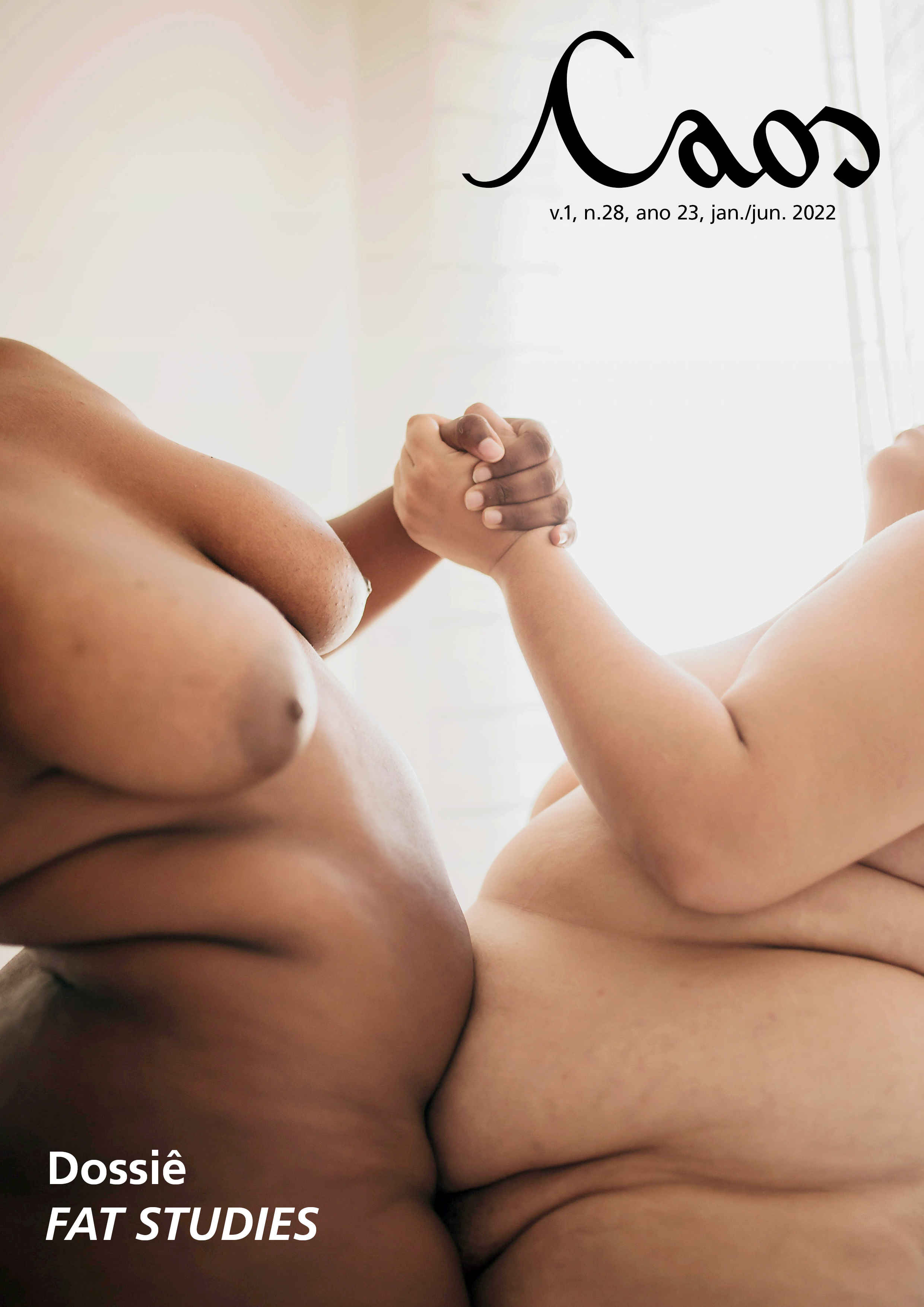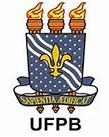FAT STUDIES: interview with Cat Pausé
DOI:
https://doi.org/10.46906/caos.n28.62500.p95-100Keywords:
Cat Pausé, interview, fat studies, fatfobiaAbstract
Caitlin Clare Pausé — Cat Pausé — was an expert in the field of Fat Studies, professor at Massey University (New Zealand) and director of the Center for the Liberation of Fat People. She Coedited The Routledge International Handbook of Fat Studies (PAUSÉ; TAYLOR, 2021) and is coordinator of the upcoming Fat Studies: Rights, Personhood, Disposability conference that will take place online in July 2022. Her research focuses on the effects of fat stigma on the health and well-being of fat individuals and how fat activists resist the "Fat Apocalypse." She defends a new ethics of fat that is based on a fat epistemology. His radio show and podcast, Friend of Marilyn, has been presenting academic papers and discussions on fat, as well as introducing topics and individuals linked to fat activism since 2011. This interview was conducted in January 2022 by Nicole Pontes, professor and researcher at the Federal Rural University of Pernambuco, Serra Talhada Campus, as part of a project to strengthen ties and expand access of the Brazilian academic community interested in fat studies to authors around the world. The interview was conducted in a virtual meeting through the Zoom application. More specific answers to specific questions were sent by e-mail. All communication was established in English, and the answers translated to the Portuguese by the interviewer.
Downloads
Metrics
Published
Issue
Section
License
Copyright (c) 2022 Cat Pausé, Nicole Pontes

This work is licensed under a Creative Commons Attribution-NonCommercial 4.0 International License.
A Caos é regida por uma Licença da Creative Commons (CC): CC BY-NC 4.0, aplicada a revistas eletrônicas, com a qual os autores declaram concordar ao fazer a submissão. Os autores retêm os direitos autorais e os de publicação completos.
Segundo essa licença, os autores são os detentores dos direitos autorais (copyright) de seus textos, e concedem direitos de uso para outros, podendo qualquer usuário copiar e redistribuir o material em qualquer suporte ou formato, remixar, transformar e criar a partir do material, ou usá-lo de qualquer outro propósito lícito, observando os seguintes termos: (a) atribuição – o usuário deve atribuir o devido crédito, fornecer um link para a licença, e indicar se foram feitas alterações. Os usos podem ocorrer de qualquer forma razoável, mas não de uma forma que sugira haver o apoio ou aprovação do licenciante; (b) NãoComercial – o material não pode ser usado para fins comerciais; (c) sem restrições adicionais – os usuários não podem aplicar termos jurídicos ou medidas de caráter tecnológico que restrinjam legalmente outros de fazerem algo que a licença permita.
Recomendamos aos autores que, antes de submeterem os manuscritos, acessem os termos completos da licença (clique aqui).
















